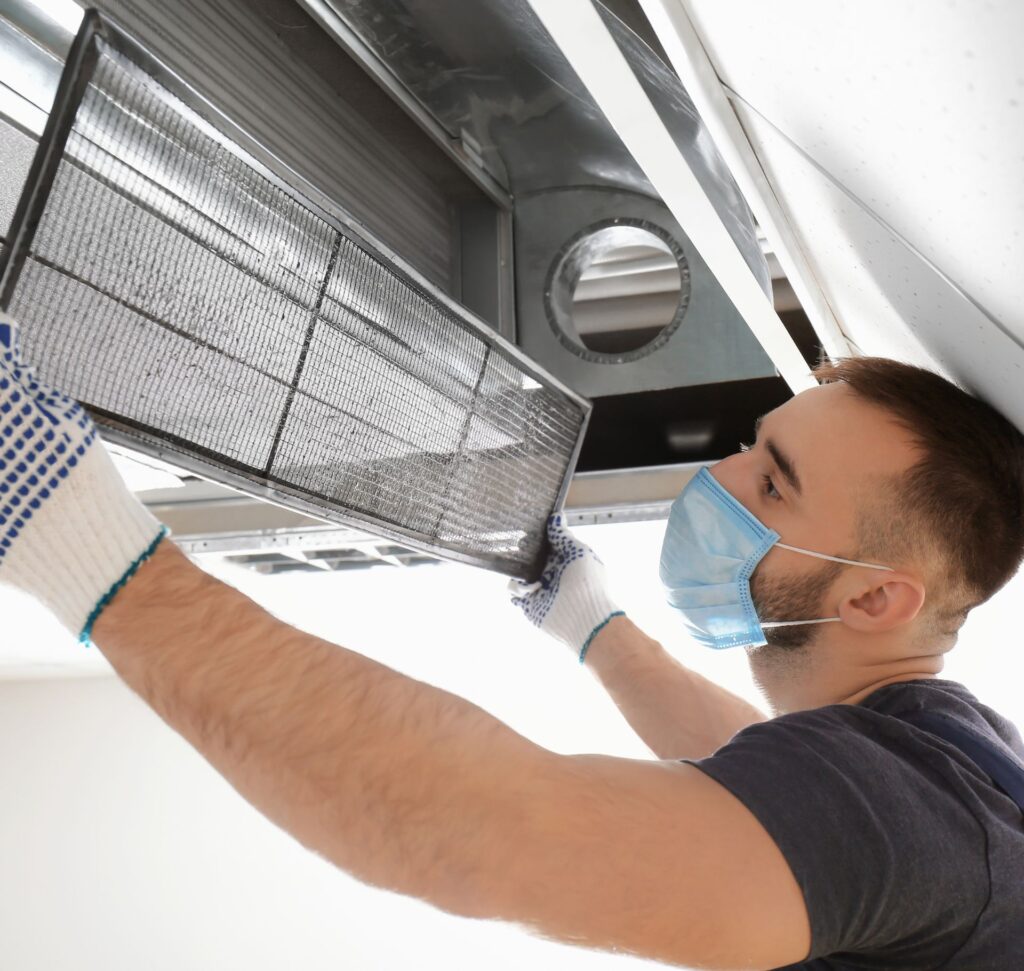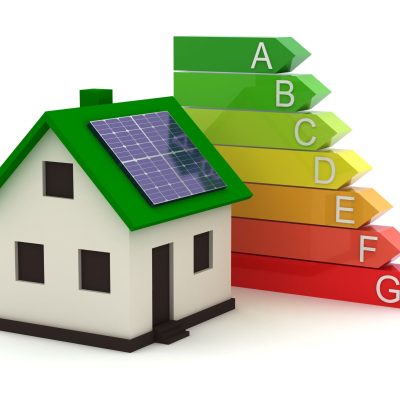The Importance of Energy Efficiency in HVAC Systems
Energy efficiency is a crucial factor to consider when it comes to HVAC systems. Not only does it contribute to cost savings, but it also has a significant impact on the environment. By optimizing energy usage, HVAC systems can reduce greenhouse gas emissions and help combat climate change.
One key aspect of energy efficiency in HVAC systems is proper insulation. Good insulation helps to keep the indoor environment at a desired temperature, reducing the load on the HVAC system. This means that the system doesn’t have to work as hard to maintain the desired temperature, leading to lower energy consumption and reduced utility bills.
Additionally, regular maintenance of the HVAC system, such as cleaning filters and checking for leaks, can significantly improve energy efficiency and extend the lifespan of the system. So, investing in energy-efficient HVAC systems and implementing energy-saving measures can not only benefit your pocket but also contribute to a greener and more sustainable future.
The Role of Renewable Energy in Eco-Friendly HVAC Solutions
Renewable energy plays a crucial role in the development of eco-friendly HVAC solutions. By harnessing natural resources such as solar and wind power, we can reduce our dependence on fossil fuels and minimize the carbon emissions associated with traditional heating and cooling systems. These renewable energy sources offer a sustainable alternative, enabling us to create a more environmentally friendly HVAC infrastructure.
One significant advantage of incorporating renewable energy into HVAC systems is the potential cost savings. While the initial installation costs may be higher compared to conventional systems, the long-term benefits outweigh the investment. Renewable energy sources like solar panels can generate electricity to power the HVAC system, reducing utility bills and decreasing overall energy consumption.
Additionally, some regions offer incentives and rebates for adopting renewable energy technologies, making them even more financially attractive. As technology continues to advance, renewable energy solutions are becoming increasingly efficient, affordable, and accessible for both residential and commercial HVAC applications.
Reducing Carbon Footprint: The Impact of Eco-Friendly HVAC Solutions
In recent years, there has been growing concern about the impact of HVAC systems on the environment. Traditional heating, ventilation, and air conditioning systems contribute significantly to carbon emissions and energy consumption. However, with the advent of eco-friendly HVAC solutions, there is hope for reducing our carbon footprint and mitigating the effects of climate change.
One of the key factors that impact reducing carbon footprint is the use of renewable energy sources in HVAC systems. By harnessing the power of solar, wind, or geothermal energy, we can significantly decrease the reliance on fossil fuels for heating and cooling. Renewable energy not only reduces carbon emissions but also reduces our dependency on limited resources, ensuring a sustainable future for generations to come.
Another important factor in reducing carbon footprint is the efficiency of HVAC systems. Eco-friendly technologies, such as smart thermostats, play a crucial role in optimizing energy consumption. These innovative devices utilize advanced algorithms and sensors to learn our preferences and adjust the temperature accordingly, minimizing wastage and maximizing efficiency. By using smart thermostats, homeowners can not only reduce their environmental impact but also save on energy bills.
Balancing these factors, however, can pose challenges. While renewable energy sources and efficient technologies offer sustainable solutions, they often come with higher upfront costs. The tradeoff between environmental benefits and financial viability needs to be carefully considered. Additionally, retrofitting existing HVAC systems with eco-friendly alternatives can be a complex and expensive process. However, it is important to view these challenges as opportunities for innovation and investment in a greener future.
When it comes to reducing carbon footprint, making informed decisions about eco-friendly HVAC solutions is essential. By understanding the impact of renewable energy, the efficiency of technologies, and the tradeoffs involved, we can navigate the complexities and make informed choices that benefit both the environment and our wallets. The time to act is now, as every small step towards reducing carbon footprint has a collective impact on our planet’s future.
Efficient Maintenance Practices: Extending the Lifespan of Eco-Friendly HVAC
Regular maintenance is a crucial aspect of ensuring the longevity and efficiency of eco-friendly HVAC systems. By implementing efficient maintenance practices, you not only extend the lifespan of your HVAC system but also maximize its energy-saving capabilities.
One key maintenance practice is regular filter cleaning or replacement. Filters are responsible for trapping dust, pollen, and other pollutants, helping to maintain a clean and healthy indoor environment. Clogged filters can obstruct airflow, leading to decreased efficiency and increased energy consumption.
By cleaning or replacing filters on a regular basis, you can enhance the performance of your HVAC system, reduce energy costs, and improve indoor air quality. Additionally, scheduling professional maintenance checks at least once a year can help identify and address any potential issues before they escalate into more significant problems, prolonging the lifespan of your eco-friendly HVAC system.

The Future of Eco-Friendly HVAC Solutions in LA
The future of eco-friendly HVAC solutions in LA is promising, with advancements in technology and a growing awareness of the need for sustainable practices. As the demand for energy-efficient heating, ventilation, and air conditioning systems continues to rise, manufacturers are investing in research and development to meet these needs. The result is a range of innovative solutions that not only reduce energy consumption but also minimize environmental impact.
One key area of focus is the integration of renewable energy sources into HVAC systems. Solar and geothermal power are being harnessed to heat and cool buildings, reducing reliance on fossil fuels and lowering carbon emissions. Additionally, the use of smart thermostats and building automation systems allows for more precise control over energy usage, optimizing efficiency and maximizing comfort.
However, as we look to the future of eco-friendly HVAC solutions in LA, it is important to consider the challenges that come with implementing these technologies. The initial cost of upgrading to energy-efficient systems can be a barrier for some property owners despite the long-term savings they offer. Furthermore, retrofitting existing buildings and infrastructure may pose logistical challenges, requiring careful planning and coordination.
Go Green with Your HVAC System Today!
It’s time to reduce your carbon footprint and save energy costs. The best way to do this is to Invest in eco-friendly HVAC solutions and renewable energy sources for your home or business. Contact us now to explore options and make a positive impact on the environment while enjoying long-term savings. Join the green revolution with your HVAC system today!



